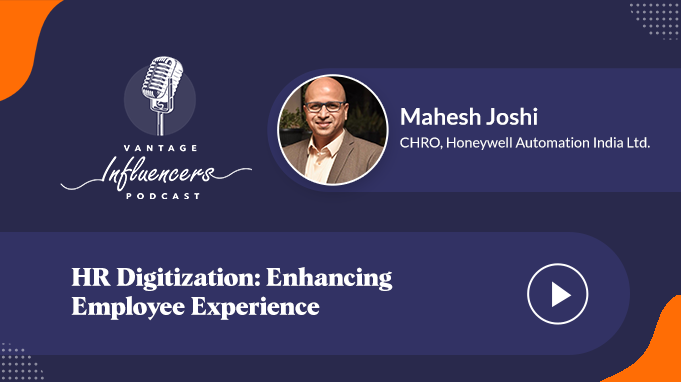Engaging in a thoughtful and comprehensive discussion about the power of strategic rewards and recognition is of paramount importance. This topic holds immense significance because it unveils the key to unlocking individual and organizational potential. By shedding light on the strategic rewards and recognition ideas , we gain insights into how they can serve as catalysts for motivation, engagement, and exceptional performance.
So, in this episode, let’s take a journey into unraveling the undeniable power of strategic rewards and recognition with Dedeepya Ajith John, Senior Director- South & Advisory Services, SHRM APAC & India.
Host of this Episode: Sanjeevani Saikia
Guest Bio
Dedeepya is a dynamic business professional with a diverse skill set and a wealth of experience spanning over 14 years. She specializes in Advisory, Research, and Academic Partnerships, primarily focusing on India, APAC, and MENA regions of SHRM. Her expertise lies in Human Capital Management, where she is responsible for business development and consulting.
With a background in Mechanical Engineering from Jawaharlal Technological University (Kakinada, A.P) and an MBA from the prestigious Indian Institute of Science (IISc, Bangalore, India), Dedeepya combines technical acumen with business management skills. She holds certifications as a SHRM Senior Certified Professional (SHRM SCP), Level-1 Hogan Assessor, SHRM PMQ, DISC, and Job Evaluation by KornFerry – Hay.
Connect with Dedeepya on Linkedin
Timestamps
(01:36) Dedeepya's corporate journey so far.
(02:46) Role of strategic rewards and recognition in enhancing employee motivation and engagement within an organization.
(04:48) Some key elements to consider when designing a rewards and recognition program.
(07:40) Way to strike a balance between individual recognition and team-based rewards program.
(10:34) Challenges or pitfalls organizations should be aware of when implementing rewards and recognition programs.
(13:37) Metrics organizations can use to measure the effectiveness of their rewards and recognition programs.
(15:47) End Note.





















